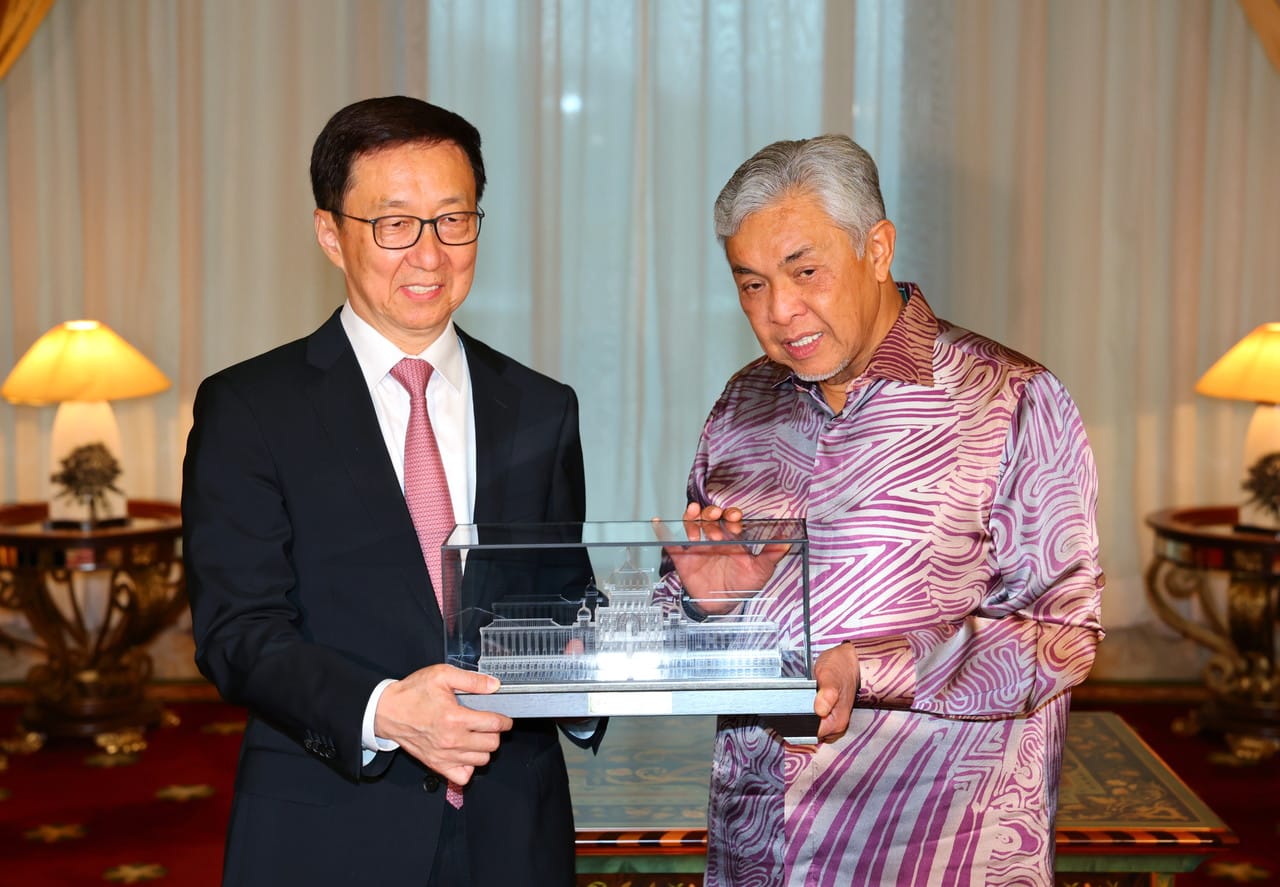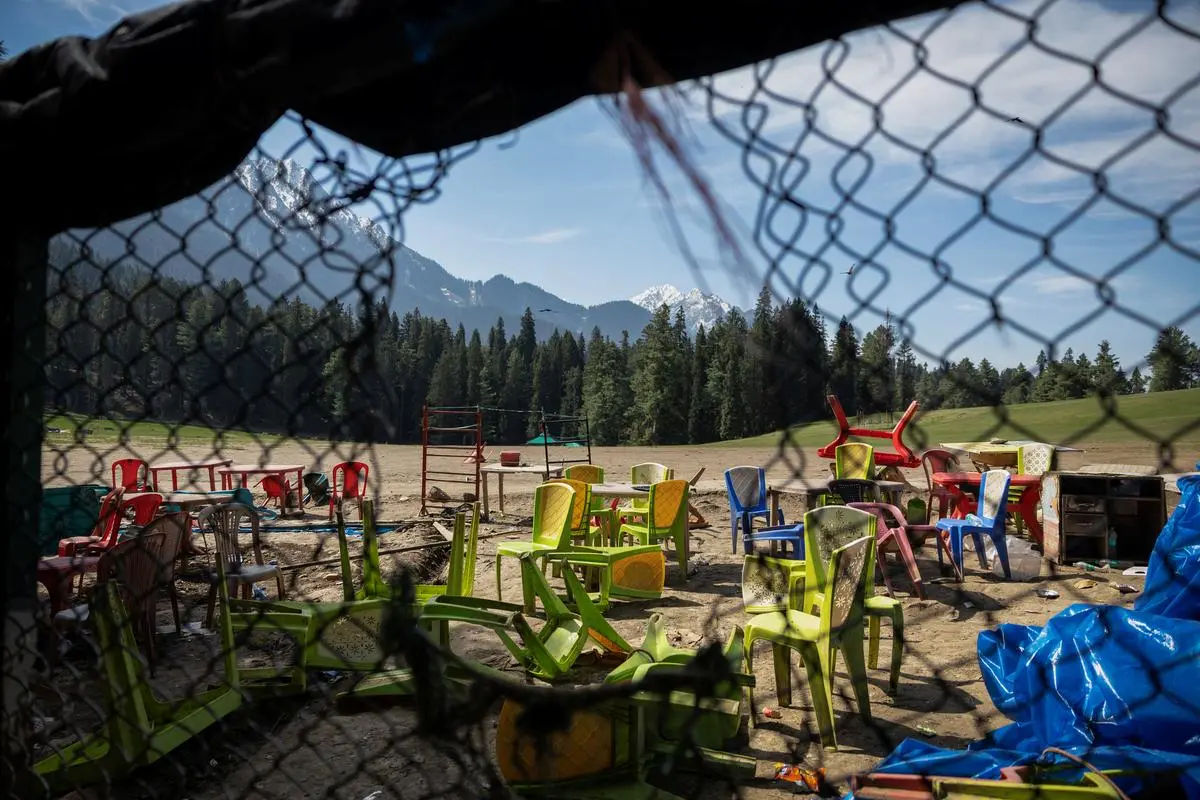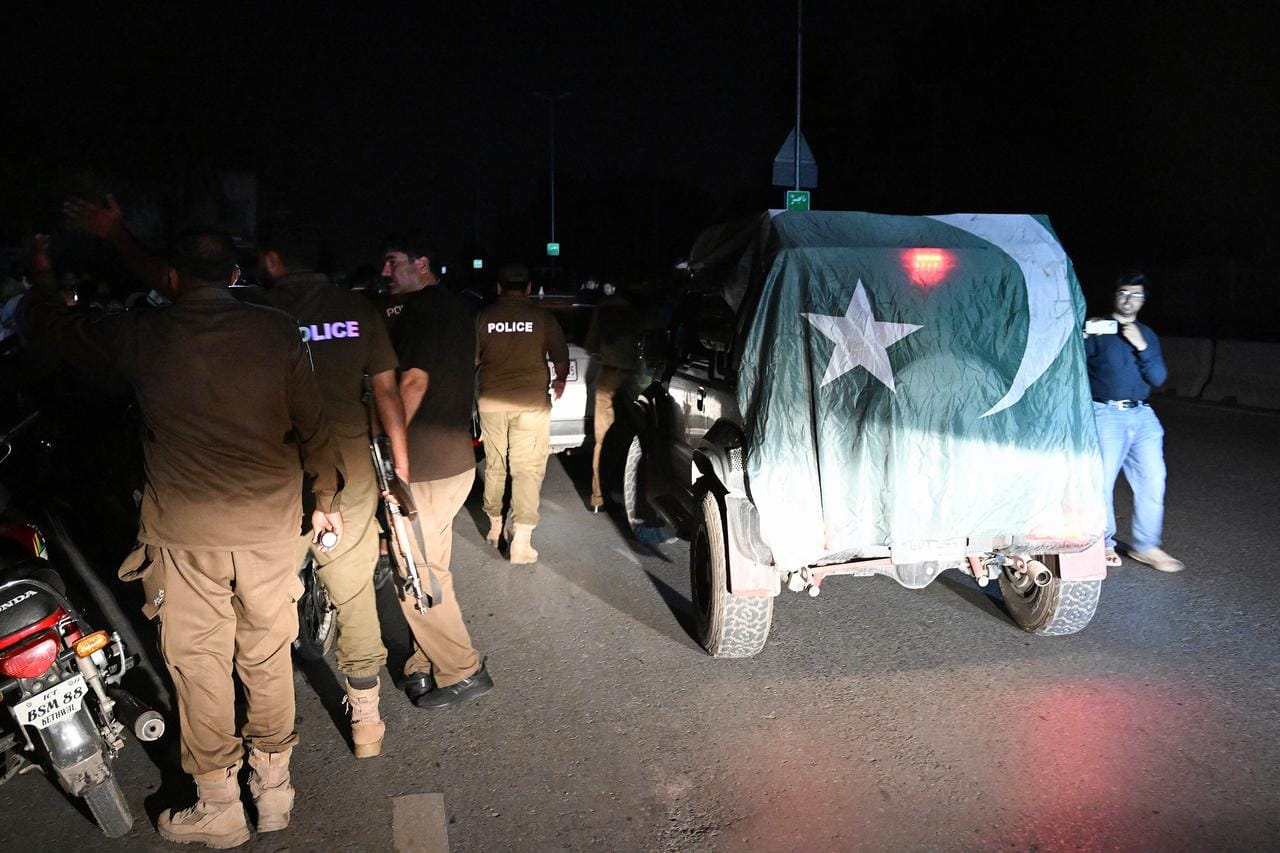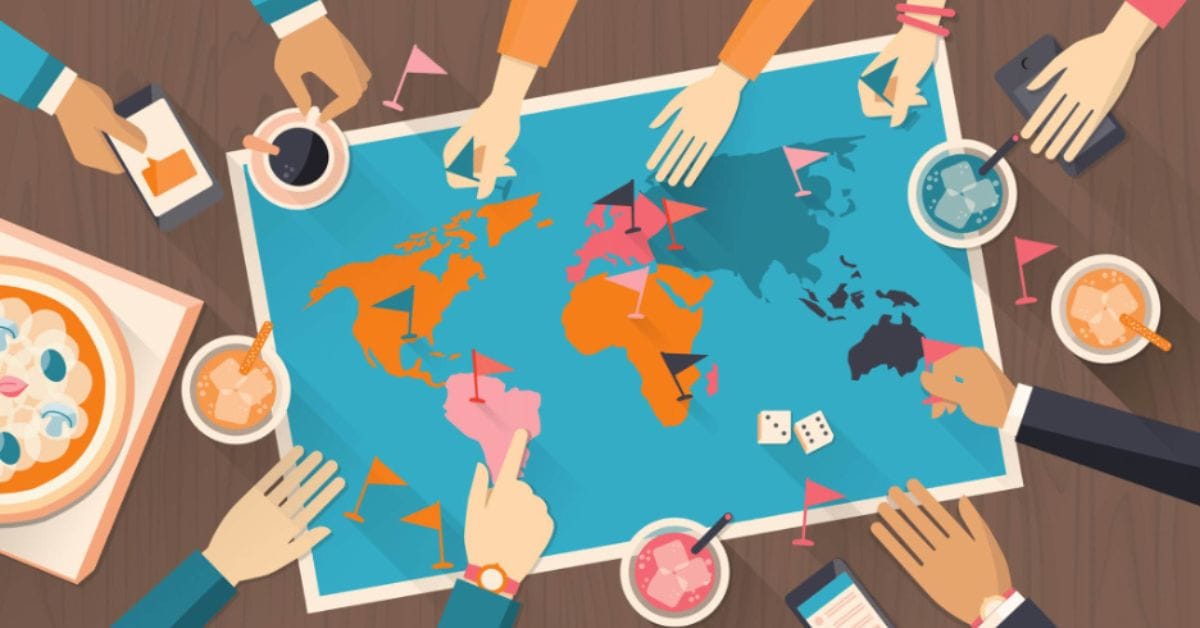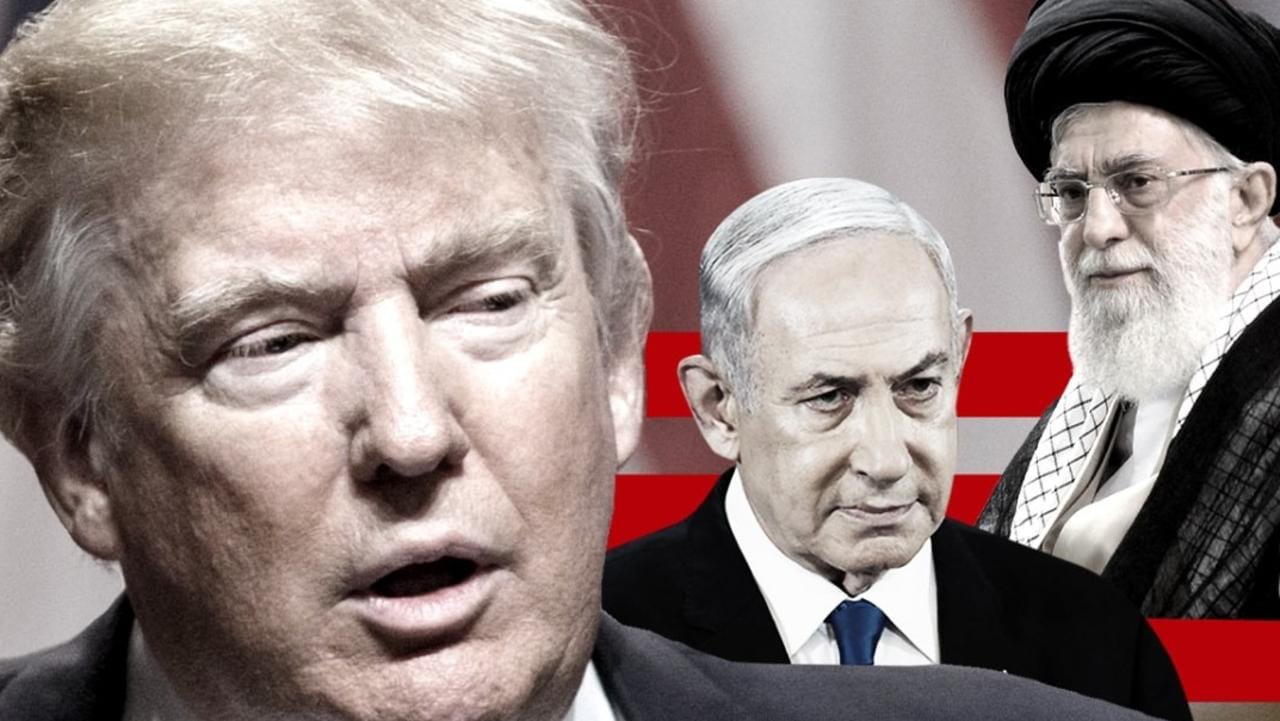Since its inception, the term “Atmanirbhar Bharat” that literally translates to Self-Reliant India has increasingly become the symbol of India’s growing economic self-sufficiency, manufacturing prowess and holistic national development and India’s defence manufacturing sector has been pioneering the actualisation of the vision like no other. With indigenous defence production skyrocketing to record high of ₹ 23,622 crore in 2024-25, that marks a growth of 12.04% over 2023-24, India’s defence ecosystem stands as testament to the remarkable shift that the industry has undergone from heavy dependence in the post-independence era to a growing indigenous industrial base, in recent years.
Author: TheViyug
China’s TVET Programme Collaborations: A Critical Analysis
China launched the Belt and Road Initiative (BRI) in 2013. Eventually, BRI faced a lot of criticism and backlash in many countries. In order to minimise the growing criticism, China in 2016 initiated Technical Vocational Education and Training (TVET) programme collaborations. On the face of it, TVET programmes provide professional training to students and faculty for a certain time period. However, the TVET sector has become another platform for Chinese soft power diplomacy. The article aims to critically analyse the TVET program collaborations of China.
Pahalgam Massacre is Pakistan’s Islamist Tonic for its Domestic Audience
The brutal massacre of 25 Hindu tourists in Pahalgam, Kashmir by The Resistance Front (TRF), an offshoot of Lashkar-e-Taiba (LeT), backed by Pakistan has sent shock waves across the world. Many global leaders have condemned this barbaric attack and have pledged their solidarity against Terrorism. This was the deadliest attack in Kashmir after the abrogation of Article 370 in 2019. As per the eyewitnesses, the terrorists opened fire on the tourists, rounded them up and asked for their religion. The tourists were even asked to recite the ‘Kalma’ and their pants were unzipped to identify Muslims.
Pakistan’s Operation Bunyan-un-Marsoos: Flexing Muscles to Hide Weak Knees
The operation, named after a Quranic term meaning “a solid structure,” targeted key Indian military installations, including the BrahMos missile storage facility in Beas and airbases in Udhampur and Pathankot. During the 3rd Ministry of External Affairs (MEA) briefing headed by foreign secretary Vikram Misri Read along with Colonel Sofiya Qureshi of the Indian Army, Wing Commander Vyomika Singh of the Indian Air Force, refuted Pakistan’s claim of attacking BrahMos storage site in Jammu.
India and the FATF: Earning the Watchdog’s Praise
In a move, though not as relatively new as it is significant, the Financial Action Task Force (FATF) decided to place India in the “Regular Follow-Up” category, its highest rating category. For perspective, the FATF places the member countries into four groups: Regular follow-up, Enhanced follow-up, Grey list, and Black list (ordered from best to worst). With this, India joined the umbrella of France, Italy, and the UK. There is a comprehensive list of criteria which a member under evaluation needs to meet in order to find a place in the above list.
Trump’s Tariffs Impact on the Auto Sector and Global Supply Chains
Starting on March 4, President Trump’s significant tariffs will take effect. These tariffs include a 20% levy on Chinese imports, a substantial 25% tariff on products from its North American neighbours, Mexico and Canada, and an additional 10% tariff on Canadian oil and energy imports. This radical shift will have far-reaching implications for the U.S. automotive industry, potentially leading to increased costs for manufacturers and consumers and potentially reshaping global trade dynamics in the automotive sector. The auto industry is one of the most heavily affected by international trade policies in the US, with substantial volumes of finished vehicles and auto parts coming from Mexico and Canada.
The Vital Role of Cultural Diplomacy in International Relations
Apart from the traditional notion of hard power that involves quantifiable military and economic might, soft power as a facet of power has found political resonance in the realm of international relations in recent decades. Pioneered by Harvard scholar Joseph Nye, soft power is a non-coercive facet of power that has become increasingly important in maintaining hegemony in the world. Soft power entails the art of subtly influencing outcomes by shaping the preferences of other countries and actors outside your own country via the tactics of attraction, appeal, and persuasion.
Trump’s Middle East Gamble
Since President Donald Trump’s inauguration for his second term in January 2025, the geopolitical landscape in the Middle East has undergone profound changes. The administration’s renewed assertiveness has reignited longstanding disputes and strategic rivalries, most notably among Iran, Israel, and the United States. This article provides a comprehensive, practical analysis of these developments—detailing U.S. military engagements, Iran’s nuclear ambitions, Israel’s strategic recalculations, and the broader regional and international ramifications.
Geopolitics of Rwanda-Congo Conflict: Regional Tensions by M23
The Democratic Republic of Congo (DRC) has long been plagued by conflict, with the eastern region serving as a battleground for various armed groups. Among these, the March 23 Movement (M23) has emerged as one of the most significant, with its resurgence in recent years once again drawing attention to the deep-seated tensions between Rwanda and the DRC. This article provides a historical background to the conflict, focusing on M23’s origins, its ties to Rwanda, and the broader geopolitical implications, including international exposure and the failures of global diplomacy.
Balochistan Terror Attack: A New Phase in Insurgency?
Balochistan, Pakistan’s largest yet most underdeveloped province, has been a hotspot for insurgency, terrorism, and geopolitical contestation. The recent terror attack in Balochistan, which targeted security forces, infrastructure, and civilians, has once again underscored the province’s precarious security situation. Beyond its domestic impact, the attack carries significant regional and international implications, particularly for Pakistan’s relations with India, China, Iran, and Western powers. This article provides an in-depth analysis of the attack’s origins, the regional and global responses, and the effectiveness of counterterrorism efforts.

